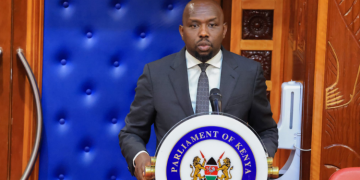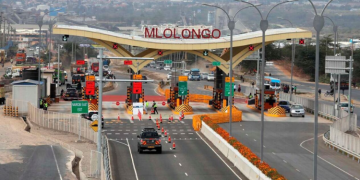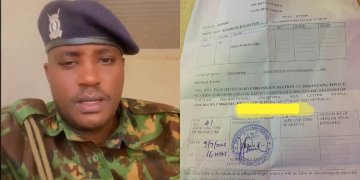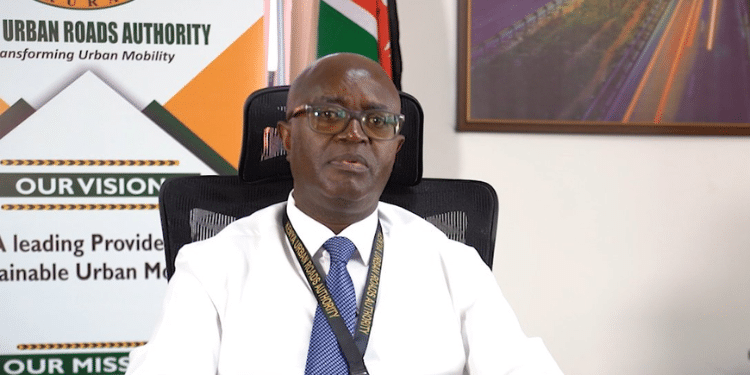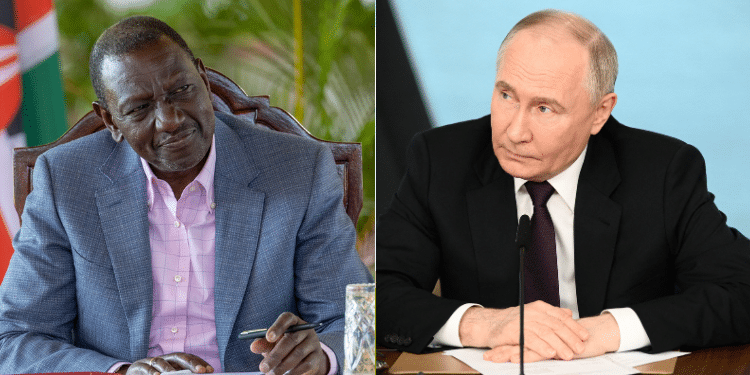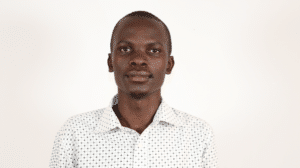Kenya plans to develop nuclear cooperation with Russia. The Ambassador of Kenya to Russia, Peter Muthuku, revealed that the East African nation intends to intensify cooperation with Russia in the fields of nuclear and renewable energy.
The Russian News Agency reports that Muthuku said the cooperation will also extend to the solar energy sector. The ambassador mentioned that Kenya could also partner with Russia in economic matters, as it is a developed and advanced nation.
“I see how advanced Russia is in economic matters, and this is another sector in which we can develop together, especially nuclear energy. This also includes the development of solar energy,” he said.
Muthuku was speaking on the sidelines of the forum “North Caucasus: New Geostrategic Opportunities,” which was held in Stavropol between October 4th and 5th.

Kenya Nuclear Power Plans
On July 28, Nuclear Power and Energy Agency (NuPEA) Acting CEO, Justus Wabuyabo, revealed that Kenya plans to utilize nuclear power for electricity generation by 2036.
Wabuyabo said potential sites had already been identified in Kilifi and Kwale counties, and NuPEA will conduct further analysis through a process known as site characterization.
“Safety is our overriding principle in the implementation of the Nuclear Power Programme, as the government has a moral duty to ensure that people and the environment, present and future, are protected against radiation risks,” Wabuyabo said.
Also Read: Embassy Confirms Swahili Courses in Russia After Announcing Free Russian Courses in Kenya
The International Atomic Energy Agency’s (IAEA) Director for Africa, Shaukat Abdulrazak, affirmed that the benefits of nuclear technology far outweigh its perceived demerits. “Fourteen African countries are considering nuclear power generation for electricity, while the likes of China are building new plants,” Abdulrazak said.
The IAEA Director for Africa further stated that 43 percent of Africa’s population lacked access to electricity as per 2021 statistics and that the IAEA is supporting nuclear power planning and development to foster nuclear energy sustainability on the continent.
Pwani University Vice-Chancellor, James Kahindi, said the institution was keen to have a Memorandum of Understanding with NuPEA to foster research and academic linkages, including scholarship opportunities, as well as to benefit from the IAEA’s programs for the peaceful uses of nuclear science and technology.
Also Read: China & Russia Block Kenya’s Mission in Haiti
Russia-Burkina Faso Deal
After talks with Burkina Faso’s President, Capt, Ibrahim Traoré, in July 2023, Russian President Vladimir Putin agreed to build a nuclear power plant to boost the country’s electricity supply.
With only 21 percent of its population connected to power at that time, Burkina Faso is among the world’s least electrified nations.
Traoré emphasized that the nuclear plant would meet the energy needs of both Burkina Faso and neighboring countries. This project aligns with the country’s goal of achieving 95 percent electricity access in urban areas and 50 percent in rural areas by 2030.
Follow our WhatsApp Channel for real-time news updates:
https://whatsapp.com/channel/0029VaB3k54HltYFiQ1f2i2C



